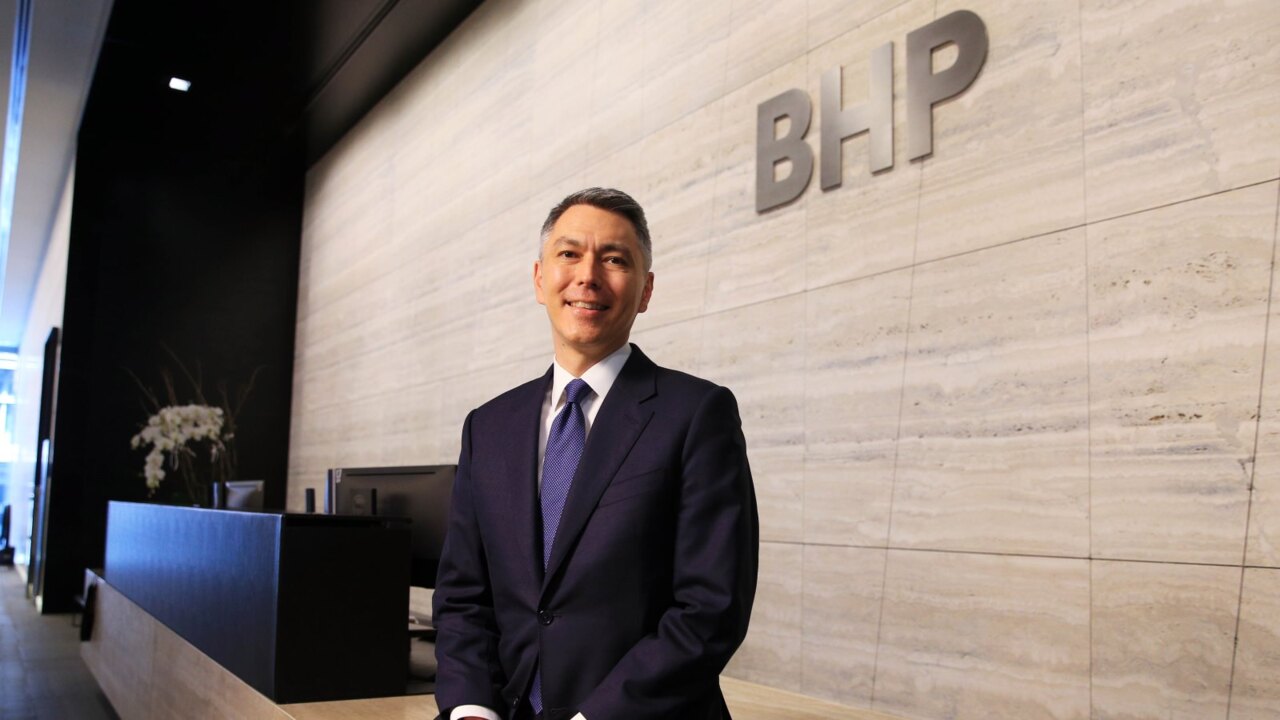New ‘power of one’ gift for unions in IR reforms, business warns
Contentious rights for union delegates to intervene at work sites where they have as few as one or two members risked inserting ‘unions into every workplace’ say employers.

Contentious new rights for union delegates to intervene in workplaces where they have as few as one or two members risked inserting “a union presence into every workplace in Australia”, employers have warned.
In the latest flashpoint between employers and unions over Labor’s industrial relations shake-up, business groups have vowed to campaign to block the proposal and labelled it a “union recruitment tool”.
After examining the legislation put before parliament this week, University of Adelaide law professor Andrew Stewart said unions would only need to have one or two members in a workplace for their delegates “to have rights in relation to everybody who is a potential member”.
Professor Stewart – one of the nation’s top workplace law experts – said the rights for delegates were not “just about servicing your actual members, it’s about servicing potential members”.
“It means you might have a workplace where there are one or two union members but they now formally have the right to advocate on behalf of everyone in the workplace who is eligible to be a union member and the employer will have to give them reasonable facilities to do that,” Professor Stewart said on Wednesday.
Australian Industry Group chief executive Innes Willox said employers were deeply alarmed by the union delegate provisions.
“This is just a union recruiting tool which has massive implications around how businesses manage their relations with their workforce,” Mr Willox said.
“This affects anyone who is eligible to be a union member so this will impact on non-unionised workplaces. It’s not minor, it’s major and we’ll be fighting it tooth and nail.
“This is a threshold issue for employers because it goes to their ability to manage and ability to protect their workforce from union influence.

“Employers are quite frankly aghast at this … it’s all about increasing union rights, union power, union influence and union membership in workplaces.”
Australian Chamber of Commerce and Industry chief executive Andrew McKellar said the rights for union delegates exemplified how the bill was “extending the ability for unions to reach into employment arrangements and relationships much more so than they do now”.
The Closing Loopholes bill says a delegate is entitled to represent the interests of union members and “any other persons eligible to be such members”, and have reasonable communication with them.
Delegates must be given reasonable access to the workplace and workplace facilities as well as reasonable access to paid training during work hours unless the employer is a small business.
Australian Resources and Energy Employer Association chief executive Steve Knott said the changes would “make certain employees, who are first and foremost members of the workforce, de facto union organisers paid for by the business”.
“This would apply to all businesses, including those with no union presence and no enterprise agreements,” Mr Knott said.
“The motivation is clearly not to increase productivity, but to insert a union presence into every workplace in Australia. The end game is to drive increased union membership which in turn lifts political donations to the ALP.”
Introducing the bill into parliament on Monday, Workplace Relations Minister Tony Burke linked the rights for delegates as a way to discover the underpayment of workers.
“A common feature of many high-profile wage underpayment cases is that, when they are discovered, we find the problem has been going on for years and years,” Mr Burke said.
“People are too afraid to speak up, and there are no processes in place to help them do so. We need to make sure that, if someone is not being treated fairly at work, it‘s discovered early. That’s why this bill contains important new protections and rights for workplace delegates, including paid access to relevant training – with small businesses exempt from this requirement.”
ACTU secretary Sally McManus said ensuring worker representatives were educated and supported to do their job was “essential to harmonious workplaces”.
“If the people who volunteer to represent other workers understand their rights and obligations, issues can be resolved quickly in the workplace and we won’t see issues like wage theft going on for years unresolved,” Ms McManus said.
Minerals Council of Australia chief executive Tania Constable said: “Extending union delegate powers will be a further hit to the nation’s flagging productivity, taking valuable time and resources out of businesses when they need all hands on deck.
“Why should workers, the majority of whom are not union members, have to cover for the special treatment and time off for select union delegates?
“Given the scope of the powers, including the fact delegates will be able to demand such powers even if they are the only unionised member of staff, clearly the unions are having a laugh at the expense of hardworking business owners.”
Professor Stewart said he expected the changes to be contentious.
“We have all the sound and fury about casual changes which I think are overblown,” he said.
“I think there are some issues with the labour hire provisions. The drafting is potentially problematic but I expect that to be addressed.
“But I think at some point the debate is going to move on to the union delegate provisions. That’s something that is genuinely new. It’s just not something we have ever seen, to my knowledge, formally enshrined in law.”
Mr Knott said there was an “alarming lack of detail” about the proposal.
“Nobody knows what ‘reasonable time’ might mean to attend training or exercise industrial functions,” Mr Knott said. “There is also a big question mark on how many union delegates might be allowed at any one workplace.”








To join the conversation, please log in. Don't have an account? Register
Join the conversation, you are commenting as Logout